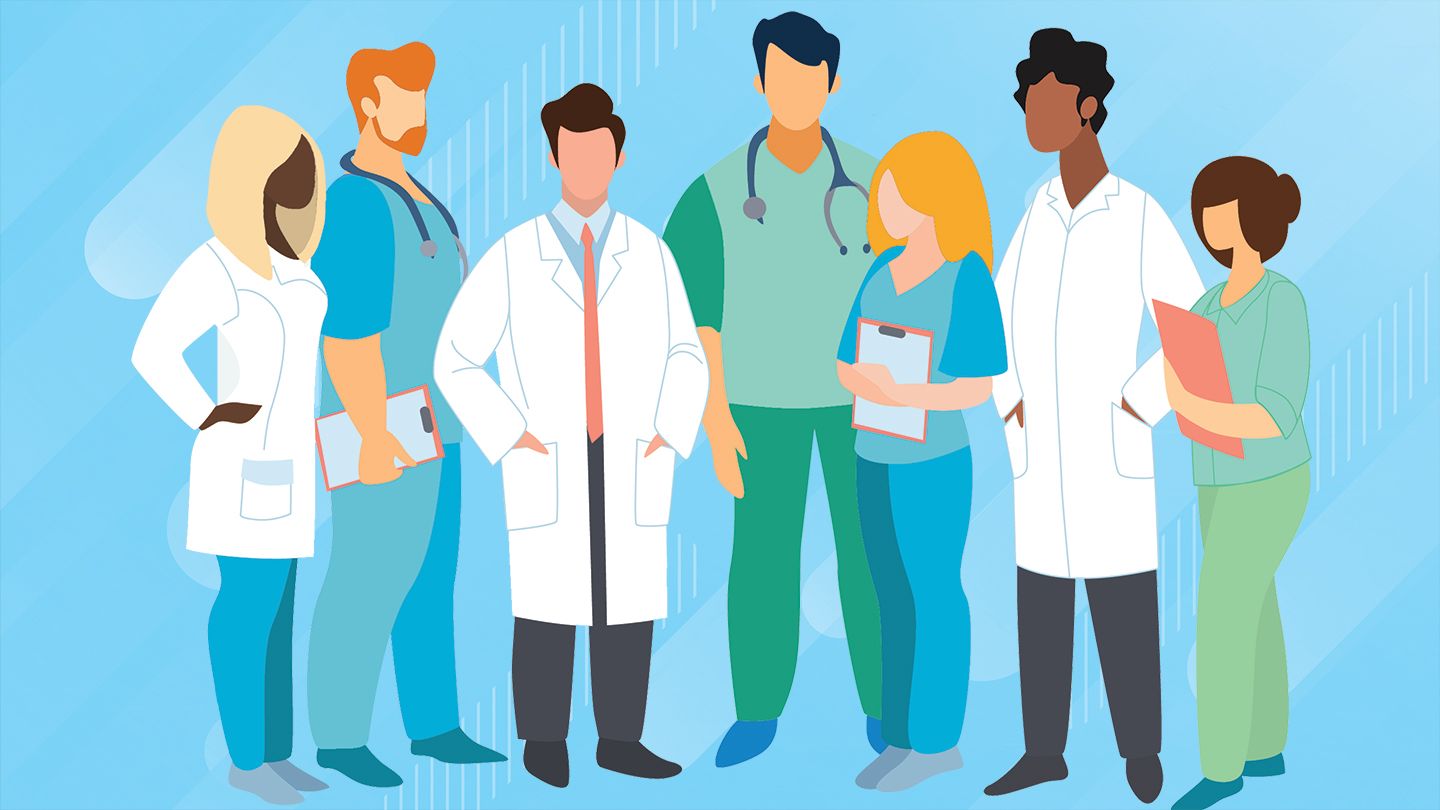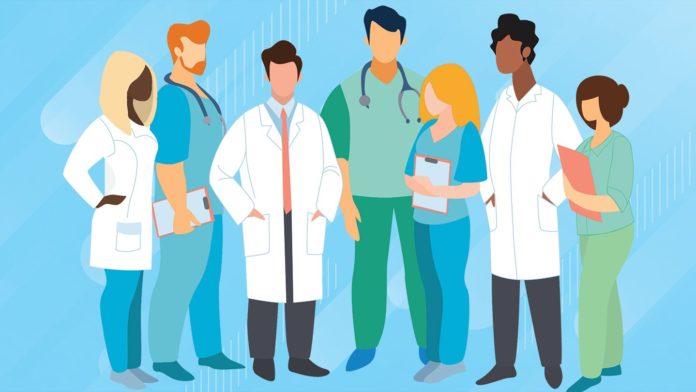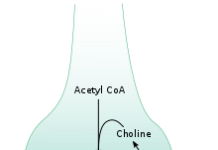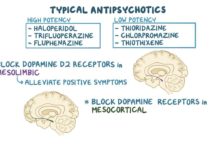Here are some important things to know about why cataplexy happens, its connection to narcolepsy, and how to manage the potentially debilitating symptom.
Causes and Risk Factors of Cataplexy
RELATED: What's Happening in the Brain During the Stages of Sleep
Treatment and Medication Options for Cataplexy


Who Should Be on Your Narcolepsy Healthcare Team?
Medication Options for Cataplexy
The primary treatment options are medications that allow people to stay awake during the day, and push them to sleep at night, says Lois E. Krahn, MD, a professor of psychiatry in the Mayo Clinic College of Medicine in Phoenix, Arizona, and a sleep medicine researcher with a special focus on narcolepsy.
Alternative and Complementary Therapies for Cataplexy
Prevention of Cataplexy
- Get enough sleep or plan strategic naps. You may be more likely to experience a cataplectic attack when you're sleep-deprived. “If someone is exhausted, they are more vulnerable to an emotional trigger, so being well-rested is important,” Dr. Krahn says. If you're unable to get a good night's sleep, or you're bothered by excessive daytime sleepiness, try to take short, scheduled naps at times when you tend to feel sleepiest. “Naps don't have to be terribly long — a person with narcolepsy can benefit from a 20-minute nap,” Krahn says.
- Get up and move. Regular physical activity may indirectly help with cataplexy by keeping daytime sleepiness at bay, according to Krahn. So, if you start feeling sleepy, and you can't take a quick nap, go for a walk.
- Get help from friends, family, and coworkers. Let people know if your cataplexy is triggered by strong emotions or specific situations. If you sense an attack is coming, encourage people to avoid these triggers if possible. Though you may not want to avoid strong emotions or specific situations, it may be preferable to an attack — especially if an attack is about to occur at an awkward time (like during a meal or work meeting).
Research and Statistics: How Common Is Cataplexy?
Resources We Love
American Academy of Sleep Medicine (AASM)
Founded in 1975, this professional society now has a combined 11,000 accredited member sleep centers, physicians, scientists, and other sleep-focused healthcare professionals. The society offers professional development opportunities for physicians, as well as a variety of sleep resources for the general public, including a sleep education site with a directory of sleep centers, patient-friendly guides that explain clinical practice guidelines, and a monthly research journal.
National Sleep Foundation (NSF)
This nonprofit has been an advocate for sleep and health for nearly 30 years. Their site provides helpful articles about a variety of sleep topics and their content is reviewed by a medical team to ensure the information is accurate and up-to-date.
Mayo Clinic
The Mayo Clinic offers everything you need to know about narcolepsy with cataplexy: what it is, symptoms and causes, and when to see a doctor for help. This well-known hospital also provides detailed information about the tests used to diagnose narcolepsy, medications to treat narcolepsy, how to prepare for your appointment with your doctor, and what questions you can expect from your doctor during your initial visit.
National Institute of Neurological Disorders and Stroke (NINDS)
This division of the National Institutes of Health focuses on researching the brain and nervous system to reduce neurological disorders and diseases (like narcolepsy with cataplexy). Their site offers a detailed fact sheet about narcolepsy, including the latest research and clinical trials. You'll also find a list of recommended resources for finding more information about narcolepsy.
Narcolepsy Network
Founded in 1986, this nonprofit provides education and resources to support people with narcolepsy. Find support groups (including advice for starting your own), informational videos, directories to find a sleep specialist or center, and a listing of additional sites where you can find more resources.
Wake Up Narcolepsy (WUP)
WUP is a nonprofit dedicated to raising awareness about narcolepsy, as well as supporting research to find a cure. Join their online support group, attend an event, tune in to their weekly podcast, or browse their informational videos and brochures.
Harvard Medical School Division of Sleep Medicine
Harvard Medical School offers a comprehensive site dedicated to understanding, treating, and living with narcolepsy. You’ll find helpful resources for managing narcolepsy day-to-day, including a video series featuring real-life patients and educators. Still not sure if you have narcolepsy? The site offers self-evaluation tools, as well as tips for finding a qualified sleep medicine specialist.
Additional reporting by Katherine Lee.
Editorial Sources and Fact-Checking
- Narcolepsy Fact Sheet. National Institute of Neurological Disorders and Stroke. March 16, 2020.
- Egel RT, Lee A, Bump T, et al. Isolated Cataplexy in the Differential Diagnosis of Drop Attacks: A Case of Successful Clinical Diagnosis and Treatment. Case Reports in Neurological Medicine. July 2012.
- Narcolepsy. Mayo Clinic. January 12, 2019.
- Narcolepsy. Merck Manual — Consumer Version. June 2020.
- Narcolepsy. Genetics Home Reference. August 17, 2020.
- Cataplexy. Sleep Foundation. July 28, 2020.
- Narcolepsy. National Organization for Rare Disorders. 2017.
- Understanding Narcolepsy. Division of Sleep Medicine — Harvard Medical School. February 21, 2018.
- Slowik JM, Collen JF, Yow AG. Narcolepsy. Stat Pearls Publishing. June 27, 2020.
- Natural Patterns of Sleep. Division of Sleep Medicine — Harvard Medical School. December 18, 2007.
- What You Should Know About Sleep Paralysis. Sleep Foundation. August 6, 2020.
- Narcolepsy Symptoms. Sleep Foundation. September 11, 2020.
- Burgess CR, Scammell TE. Narcolepsy: Neural Mechanisms of Sleepiness and Cataplexy. Journal of Neuroscience. September 2012.
- Narcolepsy: Self-Evaluation. Division of Sleep Medicine — Harvard Medical School. February 21, 2018.
- Narcolepsy: Self-Tests and Diagnosis. American Academy of Sleep Medicine. December 21, 2017.
- Narcolepsy: Daily Life. Division of Sleep Medicine — Harvard Medical School. February 21, 2018.
- Narcolepsy: Medications. Division of Sleep Medicine — Harvard Medical School. February 21, 2018.
- Medications for Cataplexy. Sleep Foundation. July 28, 2020.
- Marín Agudelo HA, Jiménez Correa U, Carlos Sierra J, et al. Cognitive Behavioral Treatment for Narcolepsy: Can It Complement Pharmacotherapy? Sleep Science. March 2014.
- Narcolepsy: Self-Care. Division of Sleep Medicine — Harvard Medical School. February 21, 2018.
- Narcolepsy. Sleep Foundation. February 17, 2021.
- Mirabile VS, Sharma S. Cataplexy. Stat Pearls. June 24, 2020.
- Common Sleep Disorders. Cleveland Clinic. October 20, 2013.
- Narcolepsy Fast Facts. Narcolepsy Network. June 2015.
- Narcolepsy: Symptoms. Division of Sleep Medicine — Harvard Medical School. February 21, 2018.
- Narcolepsy: Understanding Narcolepsy. Division of Sleep Medicine — Harvard Medical School. February 21, 2018.













































